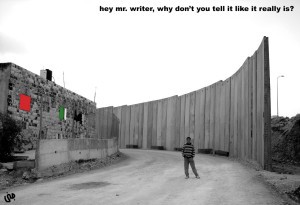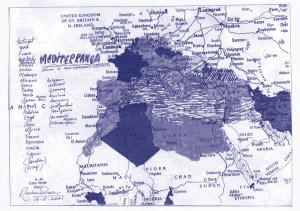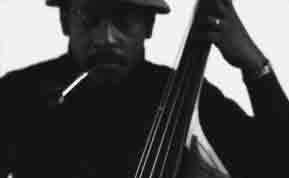What could the curriculum be – if it was designed by the people who dropped out of school so that they could breathe? The latest issue of Chimurenga provides alternatives to prevailing educational pedagogy. Through fiction, essays, interviews, poetry, photography and art, contributors examine and redefine rigid notions of essential knowledge.
Presented in the form of a textbook, Chimurenga 15 simultaneously mimics the structure while gutting it. All entries are regrouped under subjects such as body parts, language, grace, worship and news (from the other side), numbers, parents, police and many more. Through a classification system that is both linear and thematic, the textbook offers multiple entry points into a curriculum that focuses on the un-teachable and values un-learning as much as it’s opposite.
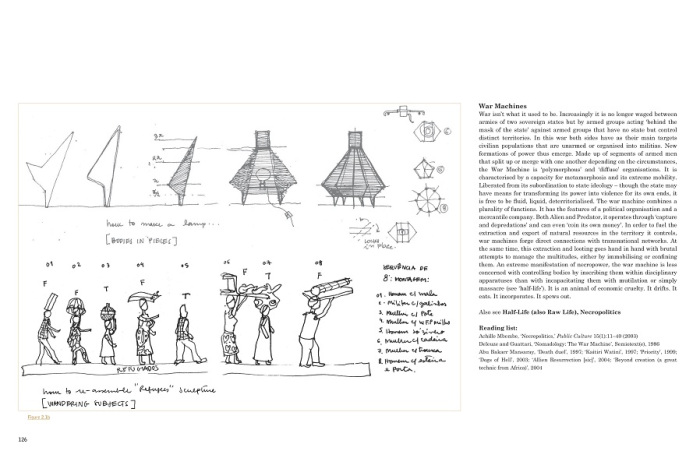
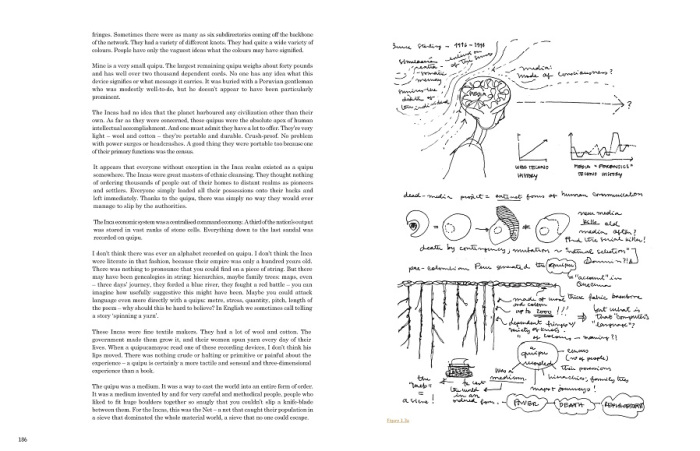
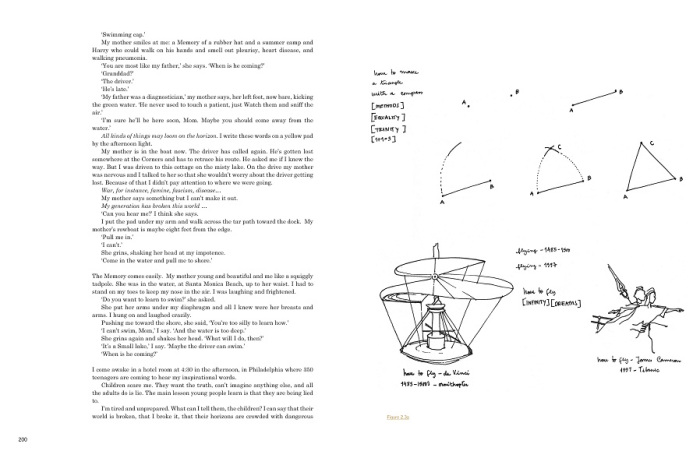
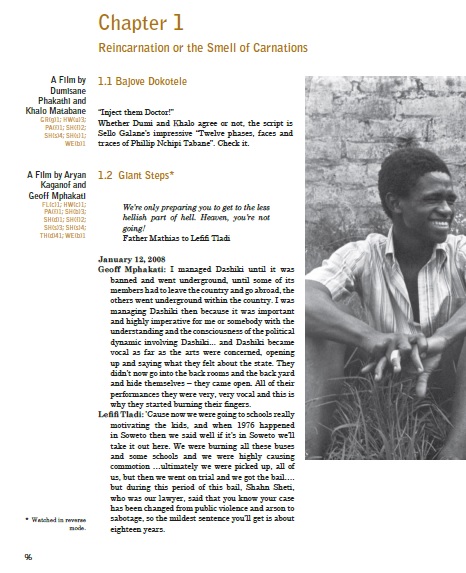
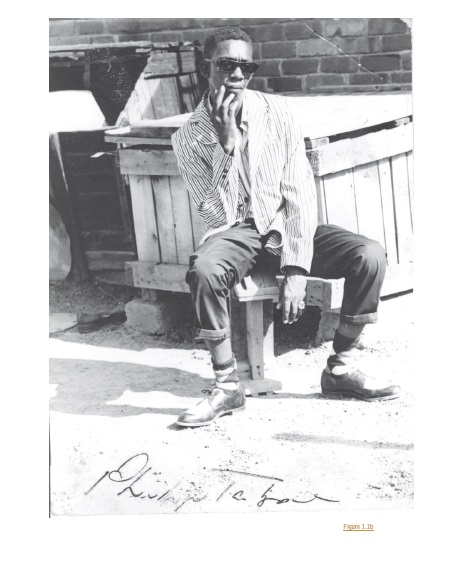


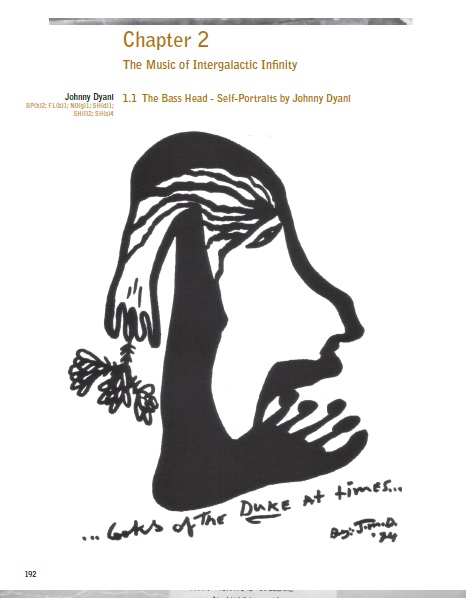
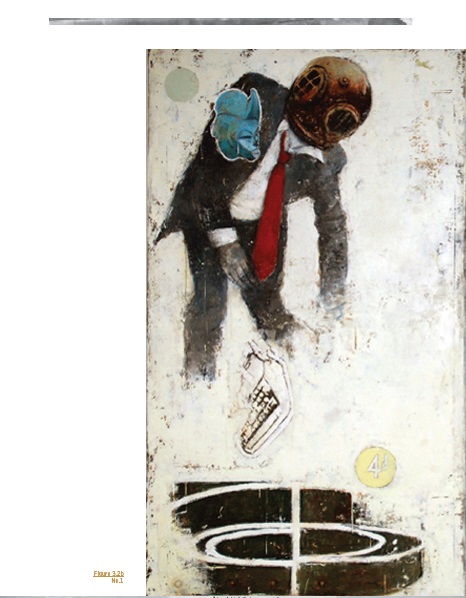
Inside: Amiri Baraka waxes poetic on the theoretics of Be-Bop; Coco Fusco flips the CIA’s teaching manual for female torturers; Karen Press and Steve Coleman instruct in folk-dancing; Dambudzo Marechera proposes a “guide to the earth”; Dominique Malaquais designs the museum we won’t build; through self-portraits Phillip Tabane and Johnny Dyani offer method to the Skanga (black music family); and Winston Mankunku refuses to teach.
Other contributors include Binyavanga Wainaina, Akin Adesokan, Isoje Chou, Sean O’Toole, Pradid Krishen, E.C. Osundu, Salim Washington, Sefi Atta, Ed Pavlic, Neo Muyanga, Henri-Michel Yere, Medu Arts Ensemble, Aryan Kaganof, Khulile Nxumalo and Walter Mosley amongst others. Cover by Johnny “Mbizo” Dyani.
Bury Me Naked by Teamhw SbonguJesu (Botsotso, 2022)
In his debut book of poems Bury Me Naked, Teamhw SbonguJesu introduces us to a rural Pietermaritzburg township in sharp and provocative language.
As a whole the collection, Bury Me Naked can be considered a work of performance art. Individually, the poems are often nihilistic, provocative, and shocking. As a whole, it presents us with deep sociological questions. In sociological discourse, there is at times a need for a radical perspective, able to initiate robust discussion from leftists, liberals, and even conservatives. SbonguJesu definitely has something here.
While parts of the book may be painful for those who have experienced trauma, and uncomfortable for the squeamish or conservative, it is also important to note that the unpleasant details contained here are the lived experience of many black South Africans. There comes a time when the wounds of a country need to be confronted rather than be turned away from. Bury Me Naked is an open wound, a horror of South Africa’s past manifested. While the contents of the poems may be shocking, the real work begins with those willing to be brave.


